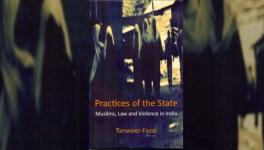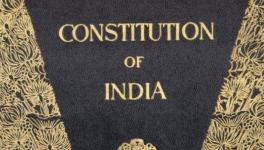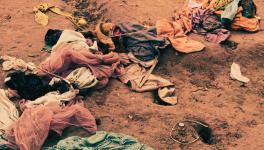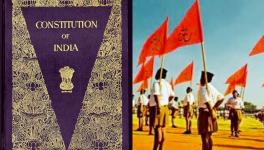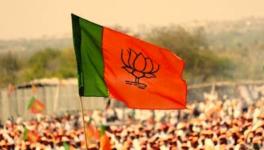Is Gujarat Government Trying to Segregate Muslim Students Appearing for Board Exams?
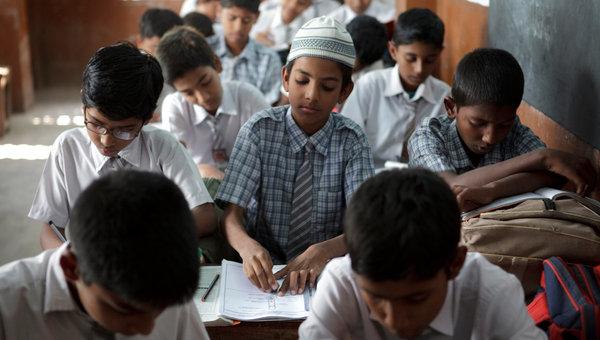
Image Used for Representational Purpose Only
The Gujarat government has come up with a mandatory online form identifying Muslim students who appear for their 10th and 12th standard board examinations. After being asked whether the students belong to the minority category, the examination form clearly seeks to identify Muslim students.
After the students say they belong to a minority category, the online form categorically asks them to specify which. However, there are only two options provided; the first option is ‘Muslim’ and the second one is ‘Others’, Ahmedabad Mirror reported.
Muslims are not the only minority community in the state. Richest and most influential - Jains, Christians, Buddhists, Sikhs, and Jews are among other minorities in the state. But clearly, the state government only wants to know if a student is a Muslim or not.
“The forms are usually filled by the school administration. I came to know after I went to school to fill up my child’s form and saw that they had asked if we belong to the minority. When we clicked on “yes”, it offered two options: “Muslims or Others”. This left me wondering if the data gathered from online forms could be misused for something else. This has raised fear in me,” said the father of a Class 12 science student who wished to remain anonymous. It is mandatory to fill the forms before appearing for the exams.
Every year, approximately 17.5 lakh students appear for the board examinations that are conducted by the Gujarat Secondary and Higher Secondary Education Board (GSHSEB). In 2018, about 17.14 lakh students had appeared for the board examinations.
As per 2011 census, Gujarat has 9.67 percent Muslimspopulation. Jains consist 0.96 percent of total population, the Christian population is 0.52 percent, the Sikh population is 0.10 percent and Buddhist population is 0.05 percent.
This move has terrified students and parents from the Muslim community. “I am scared. Before 2002, a similar exercise was initiated by the Gujarat government where every police station was asked to identify Muslim businesses in their locality. My restaurant was singled out and burnt. It was revealed that rioters had used the census collected by the government and police. I am scared for my son now. Why is Gujarat government keen to know if the student is Muslim or not. What is the purpose?” said a Muslim restaurant owner, whose son is appearing for his 12th science examinations.
The segregation of Muslims is not new in the state like many other parts of the country. In different parts of the country, there were various ‘attempts to drive Muslims out of mixed areas.’ Like an unwritten law, Muslims are prevented from settling down in Hindu majority areas. If we come to Gujarat, such cases are more sensitive. Let’s not forget Juhapura- one of India’s biggest ghettos which is in Ahmedabad.
Juhapura accommodates 50 percent of Ahmedabad’s Muslims. The Muslims in the old city areas left from there and moved to Juhapura following communal violence, especially after the 1993 post-Babri riots and the 2002 post-Godhra riots. Though it is the home of more than 3.5 lakh people, the locality has very minimal infrastructure.
The “Disturbed Areas Act” triggers the magnitude of social exclusion of Muslims. As per the Act, sale or transfer of the property in the areas where the Act has been imposed requires additional permission from collectors’ office. The implementation of the Act has gained a different magnitude over the years. Muslim residents were driven away from the mixed population localities.
Again, referring to the government’s step to segregate Muslim students who appear in board exams, political observer Ghanashyam Shah said: “It is dangerous. By asking such a question, they make students conscious of being a Muslim. Our Constitution talks about secularism and board is making them conscious of their caste and community. This is against the Constitution. This may isolate Muslims.”
Get the latest reports & analysis with people's perspective on Protests, movements & deep analytical videos, discussions of the current affairs in your Telegram app. Subscribe to NewsClick's Telegram channel & get Real-Time updates on stories, as they get published on our website.











